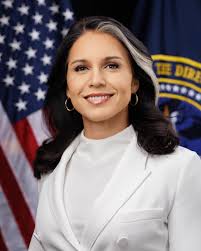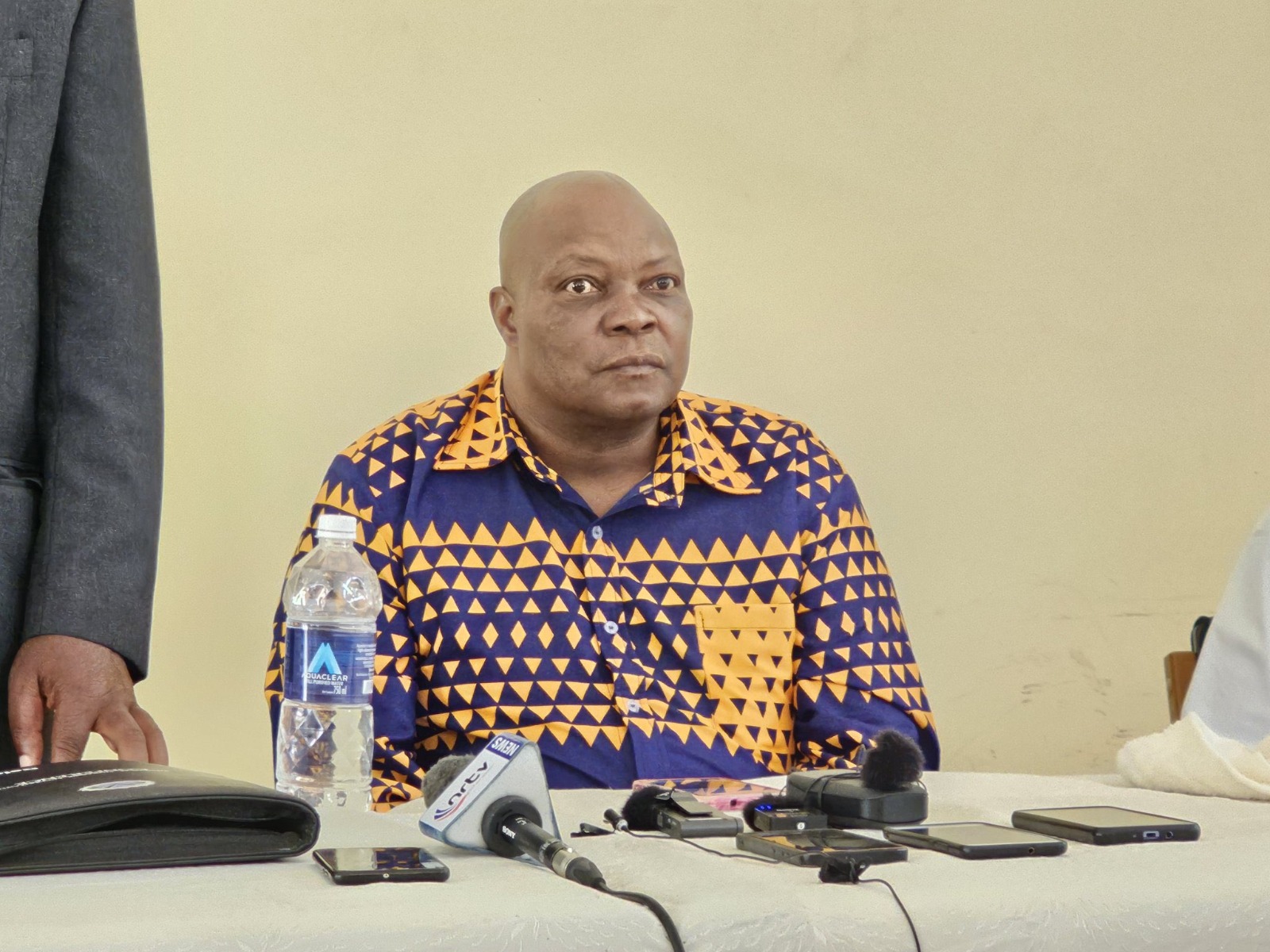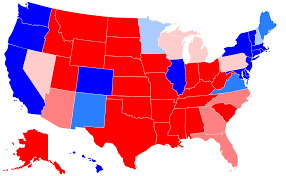Introduction
Tulsi Gabbard, a prominent American politician and former U.S. Representative from Hawaii, has garnered attention for her unique stances and policies. As one of the first Hindu members of Congress and a veteran of the U.S. armed forces, Gabbard’s journey through the political landscape brings forth discussions on national security, foreign policy, and the future of progressive politics in America.
Main Body
Gabbard gained national prominence while running for the Democratic nomination for President in 2020, where she emphasized her commitment to ending regime change wars and promoting diplomatic solutions. Her views set her apart in a crowded field of candidates, sparking both admiration and criticism. Despite participating in the Democratic debates, she never secured a substantial following, which led to her departure from the race and subsequently the Democratic Party in 2022.
She has been vocal about issues such as veterans’ rights, healthcare reforms, and climate change, aligning herself with progressive values. However, some of her foreign policy positions, including her controversial visit to Syria and meetings with Bashar al-Assad, have raised eyebrows among her peers and critics, suggesting an approach that intertwines criticism of U.S. military interventions with a desire for engagement over confrontational politics.
Since leaving the Democratic Party, Gabbard has positioned herself as a political commentator, sparking debates on various platforms. Her influence extends beyond her political past, as she attracts a diverse audience drawn to her independent viewpoints, which she presents through media appearances and social media channels.
Conclusion
As Tulsi Gabbard continues to navigate her post-Congress career, the political landscape remains ripe for discussions around her ideas and actions. Her ability to draw attention to alternative policies and challenge the status quo could signify an evolving trend among voters seeking options beyond traditional party lines. Whether Gabbard will run for office again remains to be seen, but her impact on American politics is undeniable as she urges a reconsideration of interventionist approaches and advocates for a more significant dialogue on various issues.


